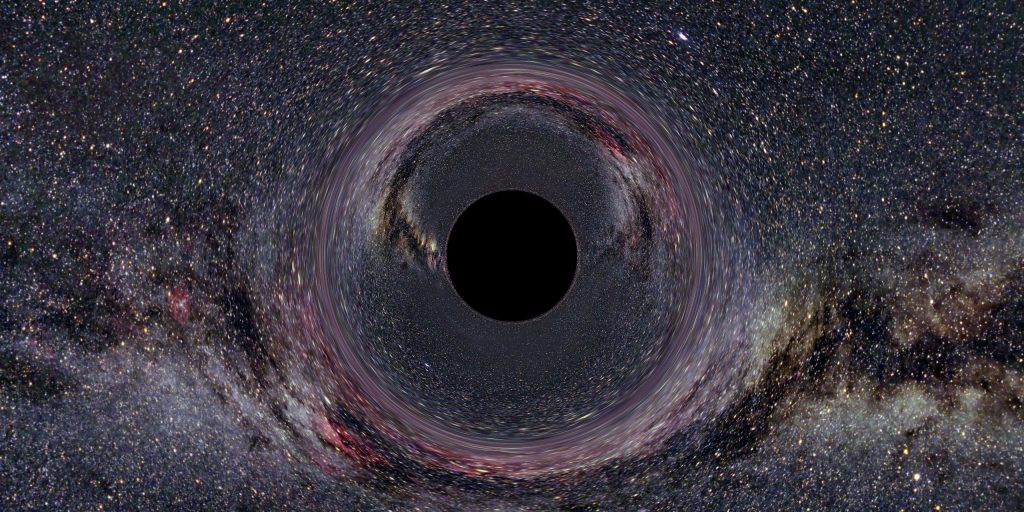For the first time, astronomers have witnessed a black hole “waking up” and illuminating its surrounding galaxy.
Others are reading now
For the first time ever, astronomers in southern Germany have observed a black hole “waking up” and illuminating its surrounding galaxy.
This historic observation was made by the European Southern Observatory (ESO), located just outside Munich.
A Galactic Light Show
If sci-fi movies have made you nervous about what this discovery means for us on Earth—don’t worry. The black hole is in a galaxy located 300 million light-years away.
According to the ESO, the galaxy suddenly began to shine brightly like never before.
Also read
Various types of radiation have since been detected from the center of the galaxy, where the black hole is situated.
“This is unprecedented behavior,” says Paul Sanchez Saez, an astronomer at ESO and author of a new study published in the peer-reviewed journal Astronomy & Astrophysics.
The researchers believe they have witnessed the “activation of a massive black hole in real-time,” which is the most plausible explanation for the flashes of light observed from the galaxy.
The Nature of Black Holes
Most galaxies, including our Milky Way, are believed to harbor black holes at their centers.
These cosmic giants are invisible due to their powerful gravity, which prevents even light from escaping.
Typically, black holes can only be observed when they destroy something massive, emitting particles of light in the process.
“These huge monsters usually sleep,” explains astronomer Claudio Ricci, another researcher involved in the study.
“But in this case, we were able to observe the awakening of the supermassive black hole when it suddenly started consuming nearby gas and became enormously bright.”
Initial observations suggest that the black hole in question has a mass 1.5 million times that of the Sun. The event marks a milestone in the study of black holes, providing astronomers with a rare opportunity to witness such an event in real-time.


